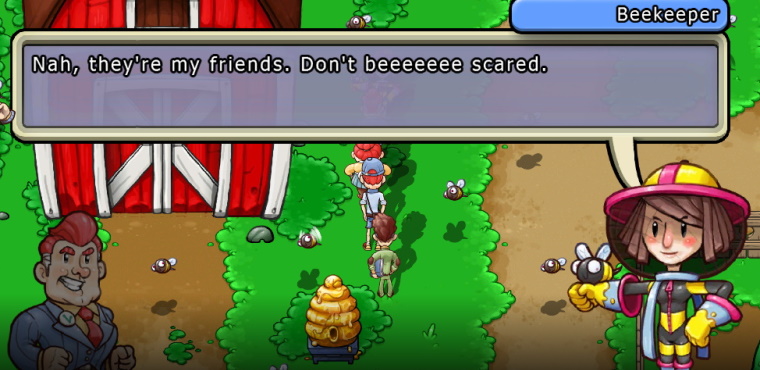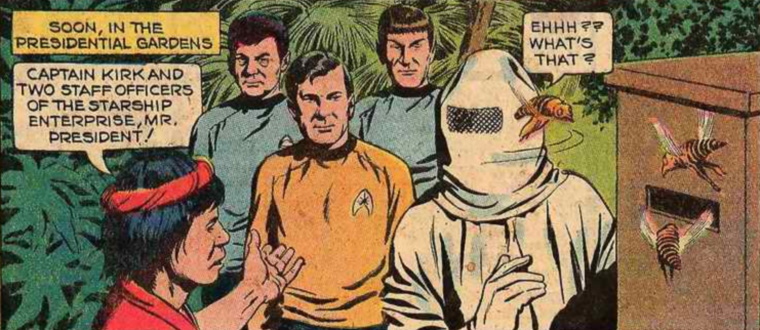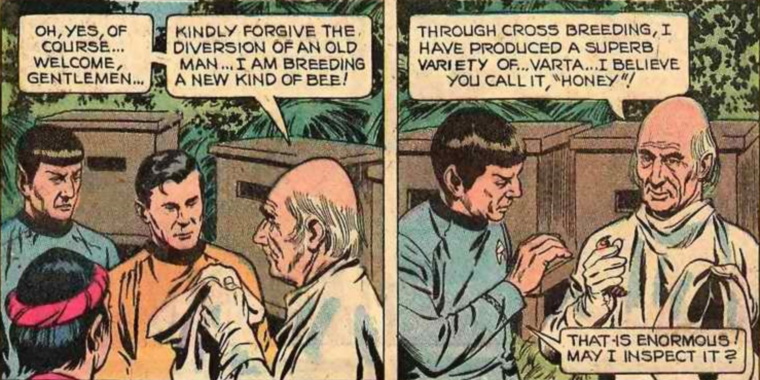Beekeeper Review: Albert Taylor
“All his life Albert Taylor had been fascinated by anything that had to do with bees. As a small boy heoften used to catch them in his bare hands and go running with them into the house to show to his mother, and sometimes he would put them on his face and let them crawl about over his cheeks and neck, and the astonishing thing about it all was that he never got stung. On the contrary, the bees seemed to enjoy being with him. They never tried to fly away, and to get rid of them he would have to brush them off gently with his fingers. Even then they would frequently return and settle again on his arm or hand or knee, any place where the skin was bare.”
Albert is a Beekeeper who appeared in the short story “Royal Jelly” by Roald Dahl. In many ways I feel like he had potential for a solid Beekeeper by my standards. Sure, he does have any of the adventure-related stuff that I like to see, but he’s genuinely good at keeping bees. He even keeps up to date on articles in Beekeeping magazines, following the scientific research pertaining to the field and the “miracles of the hive”. But it can’t be as good as it seems, of course.
Scientific research and experimentation are things that pair well with Beekeeping, both in the real world and in fiction, but Albert’s attempt to use that knowledge is somewhat irresponsible. When Albert and his wife Mabel have trouble starting a family, Albert sees research about the benefits of taking royal jelly and it does indeed help them to have a daughter. When that daughter is sickly, he treats her with royal jelly as well. That’s all well and good, but Albert goes much further than just treating their issues. He devotes a significant portion of his hives to the production of royal jelly and he takes and gives his daughter so much jelly that it begins to have a mutagenic effect, making them more beelike. And Albert considers this the ideal outcome. He is to become a drone and his daughter a queen.
Albert is not a victim of Beekeeper Rage, far from it, but he’s got an issue I don’t think I’ve come across before, a sort of zeal to become a bee. Beekeeping is about working alongside the bees, human and insect each bringing their own talents to the team. Albert’s attempt to become a bee is something other than Beekeeping. Something unhealthy. We don’t see how it ends, but I doubt it goes well.

Three Honeycombs out of Five.








